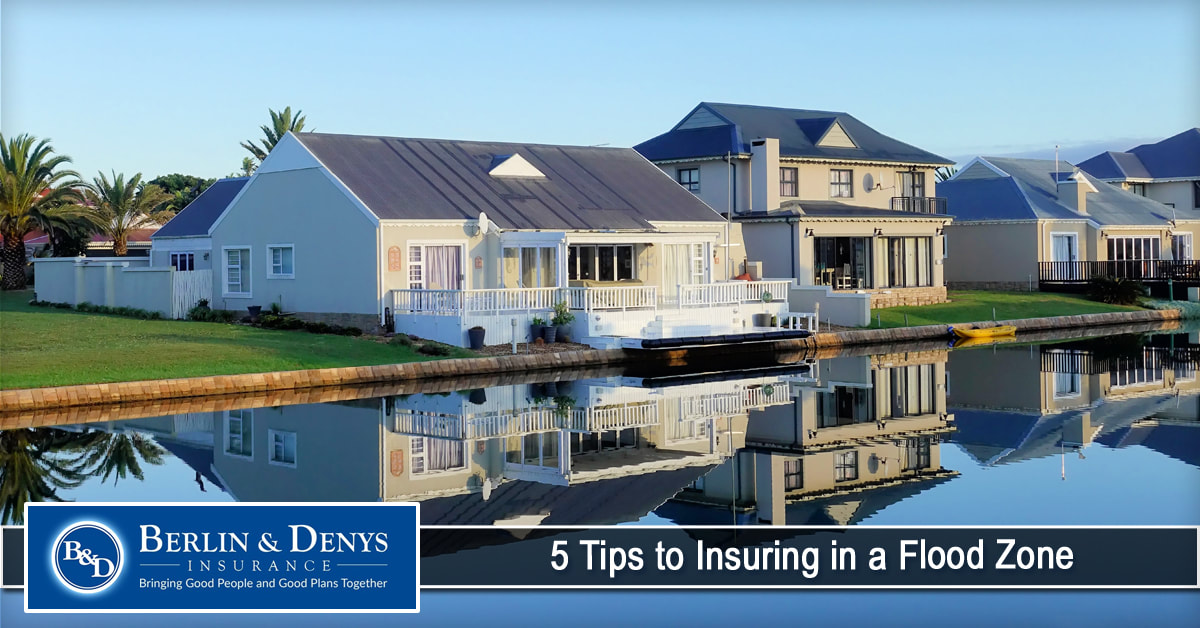|
Floods can damage and destroy homes and property. The standard homeowner’s insurance does not include flood damage coverage. Thus, you need to get a separate flood insurance policy for your home or property. Here are some tips how to insure a flood zone. Get All the Information That You Need
If you've purchased property in a flood zone, especially in a low-lying spot or a coastal area, get more information. Find out if your state has classified that area as hazardous. Go online and locate your property on the geo-map of the local councils. Check if there are hazards. Alternatively, you can ask an expert on the place, or you can visit the local council. Talk to a Local If you're new to the place, locals usually know whether the area gets flooded or not. The neighbors have generally experienced previous floods. This is good if you don't know anything about the place or if you doubt some shady advertisements about how good the site is. Be Prepared With Additional Expenses One of your expenses will be a flood insurance policy that is separate from your homeowner's insurance or property insurance. However, if your home or property is in a flood-prone area, then you may have to pay more for higher flood excess. Thus, if you live by the lake or river or by any dam, canal, or reservoir, you might end up paying a massive premium for flood insurance. Check Out What Has Been Done to Mitigate the Risk Check out with the local council if they’ve done something to minimize the flood risk. This should make you decide on a cheaper flood insurance policy. After all, your home could be in a flood zone but already standing on high piles that the flood water can’t reach. Discuss whatever information you have with your insurer. After all, you don’t want to pay for coverage you don’t need. Check Out About Other Hazards Although your home or property stands on a flood zone area, floods may not be the only hazard. Make sure there’s no erosion hazard or a risk of a landslip or landslide. There are homes in dangerous areas where tsunami and erosion could attack anytime. Some Final Words The best thing to do is to talk to your insurer while you're armed with all the facts. If you have failed to expose any vital information to your insurer, that means non-disclosure. Non-disclosure may lead to the voiding of your policy, and you won't get any claim. At Berlin & Denys Insurance, we do our best in making sure that our clients are well-protected with affordable and comprehensive policies. We make sure to go the extra mile to help you with your needs. To learn more about how we can help you, please contact our agency at (800) 946-3303 or Click Here to request a free quote.
2 Comments
6/19/2023 09:32:15 pm
Insuring in a flood zone requires careful consideration. Here are five important tips to keep in mind: 1. Gather comprehensive information about the flood risk in the area, consulting maps and local experts. 2. Seek insights from locals who have firsthand experience with flooding in the region. 3. Prepare for additional expenses, including a separate flood insurance policy with potentially higher premiums. 4. Determine if any mitigation efforts have been implemented to reduce the flood risk, which may affect your insurance needs. 5. Assess other hazards like erosion, landslides, or tsunamis that could impact your property.
Reply
Leave a Reply. |
Contact Us(800) 946-3303 Archives
August 2022
Categories
All
|
Navigation |
Follow us on social media |
Contact us |
website by Insurance Splash


 RSS Feed
RSS Feed